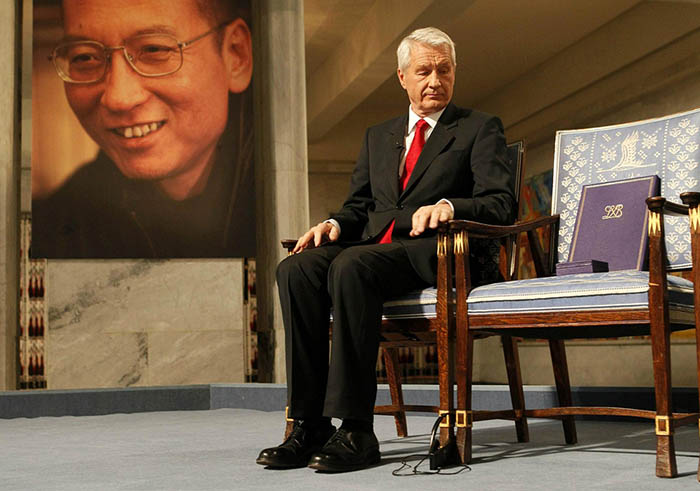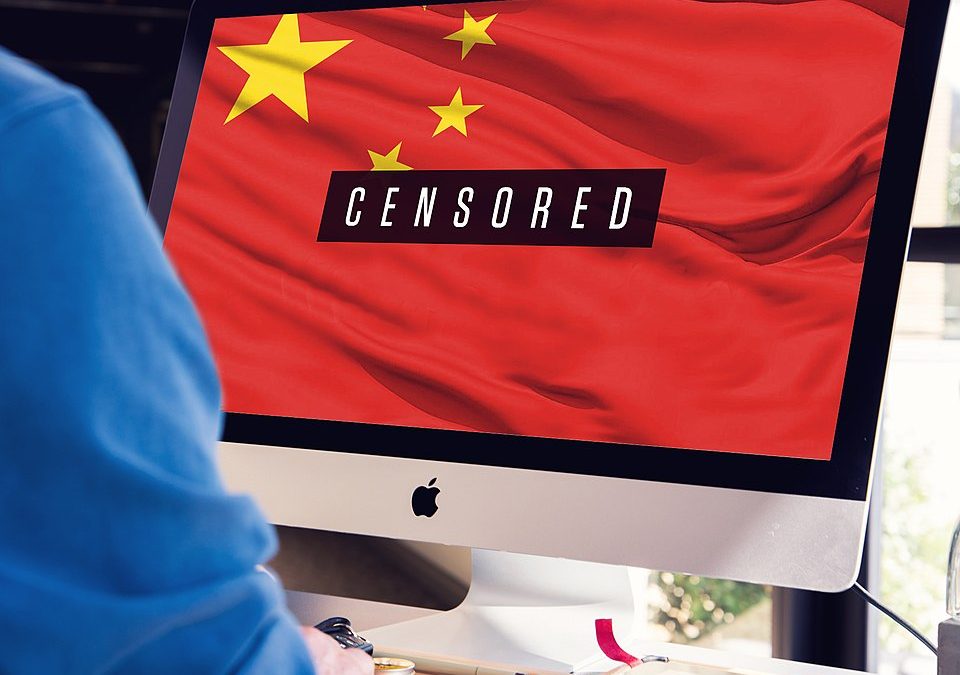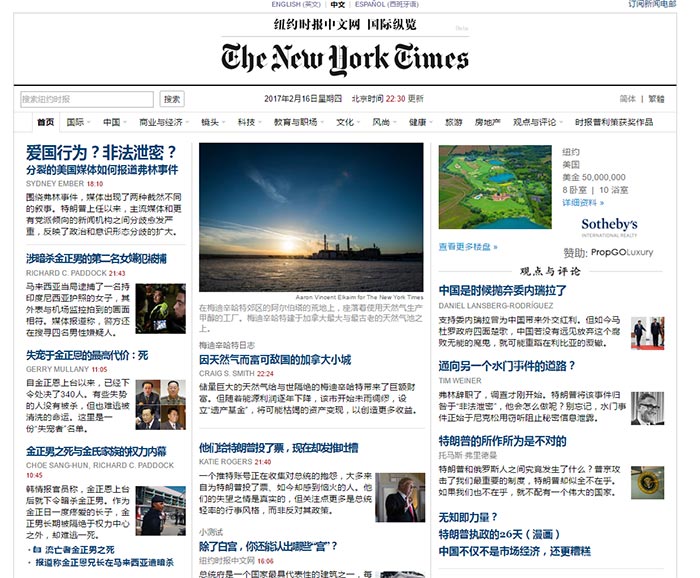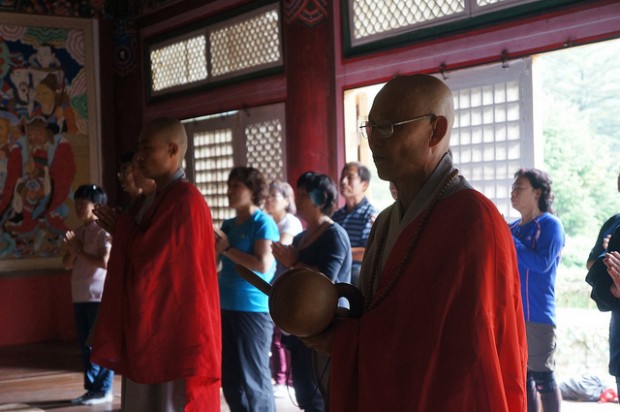Since the Index on Censorship Awards, the 2017 fellows have been busy doing important work in their respective fields to further the cause of freedom of expression around the world


Since the Index on Censorship Awards, the 2017 fellows have been busy doing important work in their respective fields to further the cause of freedom of expression around the world

Chinese Nobel Peace Prize laureate and writer Liu Xiaobo, who was imprisoned since 2009 for calling for more freedom in his country, has been diagnosed with terminal liver cancer

Liu Xiaobo, China’s most famous free speech advocate, was released from prison last week on health grounds. Index looks back at the life and work of the Nobel laureate.

Digital activism group GreatFire talk about developments in China’s approach to internet censorship.

Here are six sites that are regularly blocked by China’s Great Firewall

In April 2016 the US government called China’a Great Firewall a barrier to trade. It came in the months following the US criticising China over its cyber spying on American

Anti-censorship group GreatFire have launched a new service that will help internet users inside China live test how well different VPNs are working in the country

Some of the worst countries for religious freedom are Burma, North Korea, Saudi Arabia, Sudan, Uzbekistan, Turkmenistan, China, Eritrea, Iran

China has swung from banning Shakespeare to embracing his work, with performances spanning from brash pro-government productions to a Tibetan Hamlet

One of China’s leading human rights lawyers and free speech campaigners, Pu Zhiqiang is known particularly for his way with words